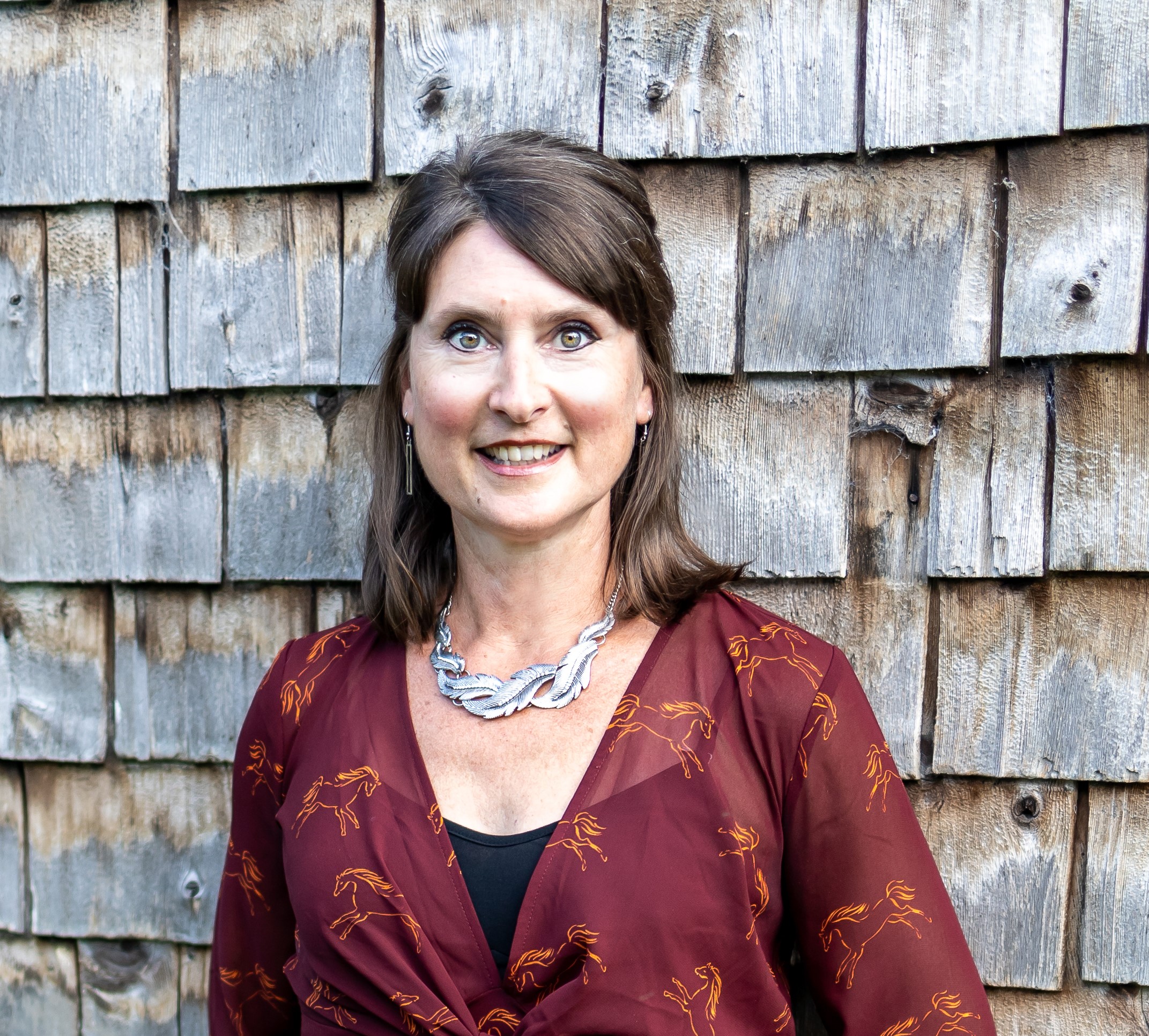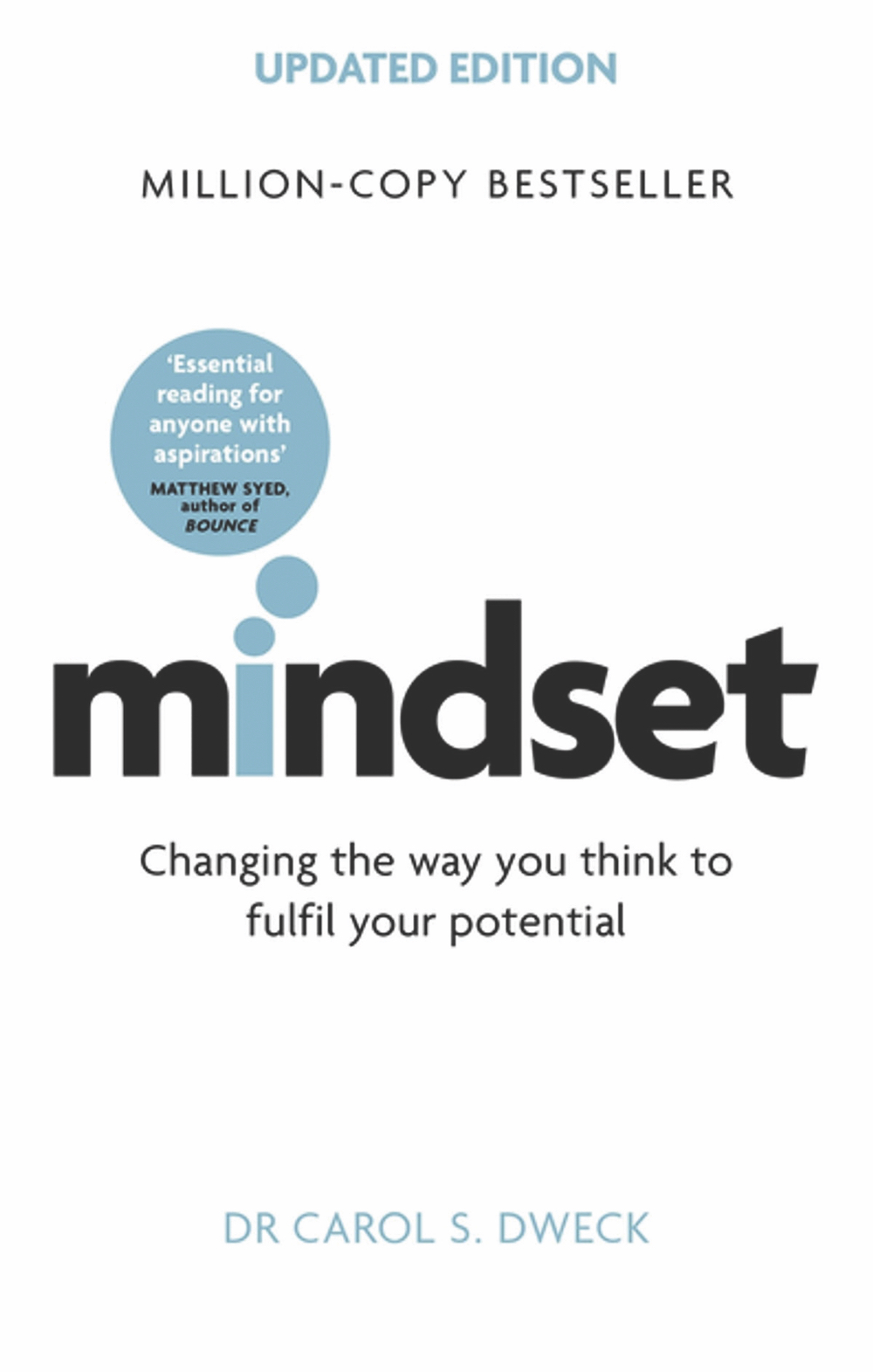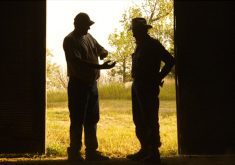Mindset: Changing the way you think to fulfil your potential
By Dr. Carol S. Dweck
Failure can be difficult to handle, especially if you’ve always been told that you are smart. Failure can also be problematic if you feel that everything you do will always be deeply scrutinized and evaluated. It’s all on you.
Worse, you start to worry that maybe you really are a “loser,” or at least that this is how others see you.
Read Also

‘No agenda, no attenda’: How to professionalize your family farm meetings
Establishing meeting ground rules can help a farm family find ways to communicate that work for the business and the family.
But that isn’t what it means at all. Instead, it means you’re working off a limited or fixed mindset, which is bad for you and bad for your business.
To Dr. Carol Dweck, author of Mindset: Changing the Way You Think to Fulfil Your Potential, a fixed mindset is when you believe your qualities, including your intellect, are set in stone, because they aren’t.
A fixed mindset makes you believe you have a certain amount of intelligence or a certain type of personality, and it leads to a constant need to prove yourself on the farm and within the family.
“Every situation calls for a confirmation of their intelligence, personality or character,” writes Dweck.
People with fixed mindsets will go over their problems and setbacks time and time again, “essentially tormenting themselves with the idea that the setbacks meant they were incompetent or unworthy,” says Dweck.
The result is, having a fixed mindset limits your achievement because it makes effort disagreeable and prompts inferior learning strategies.
By contrast, Dweck says a growth mindset is based on the belief that your basic qualities are things you can cultivate through your efforts and with help from others.
“When people believe their basic qualities can be developed, failures may still hurt, but failures don’t define them. And if abilities can be expanded — if change and growth are possible — then there are still many paths to success,” says Dweck.
Dweck’s main findings include:
- If you have a growth mindset, you find success by doing your best and by learning and improving.
- With a growth mindset you find setbacks motivating and informative. They’re a wake-up call.
- A growth mindset means you take charge of the processes that bring success.
Dweck’s research also shows that business leaders with a growth mindset “are constantly trying to improve. They surround themselves with the most able people they can find, they look squarely at their own mistakes and deficiencies, and they ask frankly what skills they and the company will need in the future.”
These leaders don’t worry about protecting or proving their fixed abilities. They analyze their mistakes and use that feedback to modify their strategies accordingly.
“The passion for stretching yourself and sticking to it, even (or especially) when it’s not going well, is the hallmark of a growth mindset,” says Dweck. “This is the mindset that allows people to thrive during some of the most challenging times in their lives.”
Dweck asks, “If businesses don’t play a role in developing a more mature and growth-minded workforce, where will the leaders of the future come from?”
How to get there
To create a growth-minded environment — a “culture of development” — where everyone thrives and future leaders are born, Dweck suggests:
- Presenting skills as learnable.
- Conveying that everyone values learning and perseverance, not just ready-made genius or talent.
- Giving feedback in a way that promotes learning and future success.
- Presenting managers as resources for learning.
Dweck also discusses the societal pressures and educational system processes that instill a fixed mindset in so many people. She introduces us to numerous examples of people with fixed and growth mindsets and what each has learned from making the shift. She explores the common belief that someone’s potential can be measured as a fixed ability “right now and project(ed) into the future.” And for those with children or who teach or coach, chapter seven offers insights into the dangers of the wrong kind of praise (we should praise effort not ability), why we shouldn’t label kids (even when we think saying that “she’s the smart one” and “he’s the artistic one” is helpful), and how to teach children to “love challenges, be intrigued by mistakes, enjoy effort, seek new strategies, and keep learning.”
Getting to a growth mindset is a journey. It isn’t enough to simply say “I have decided to have a growth mindset and so now I have one.”
And sometimes, as Dweck points out, we’re in one mindset and sometimes in the other.
Change is hard. Dweck reminds us to cut ourselves some slack because when someone holds on to a fixed mindset, there are often reasons. She suggests that you must first embrace your fixed mindset and become aware of your fixed mindset triggers.
Then ask yourself: “When do you feel smarter? When you’re flawless or when you’re learning?”
And keep your eyes on the horizon, Dweck says.
“Turn a failure into a gift.”
















